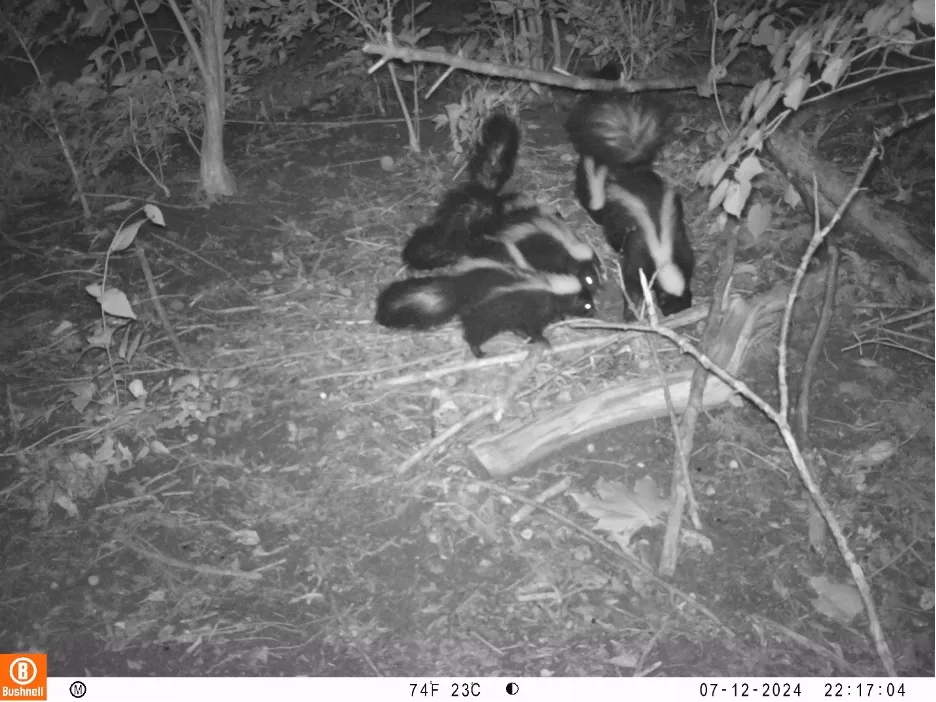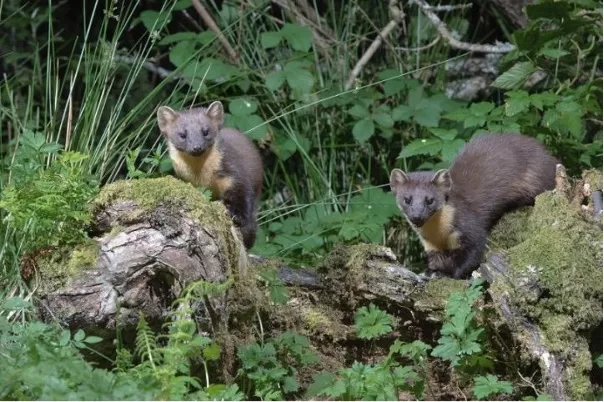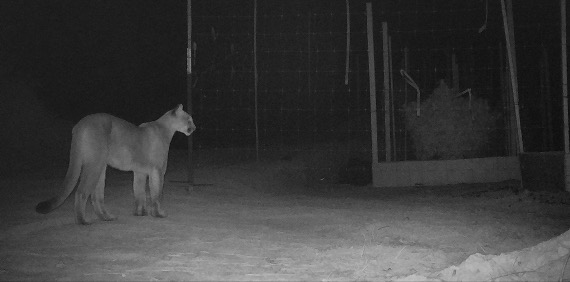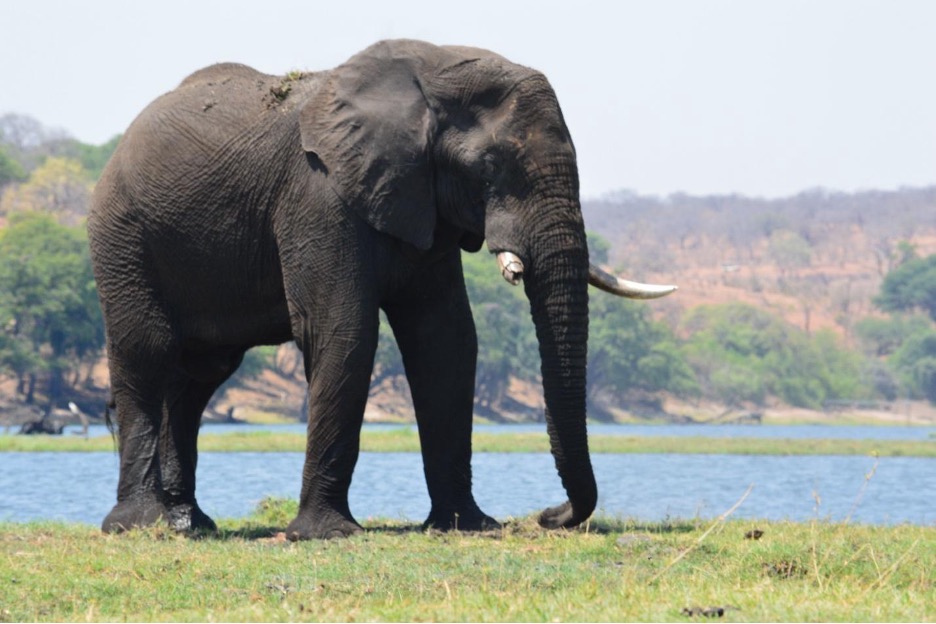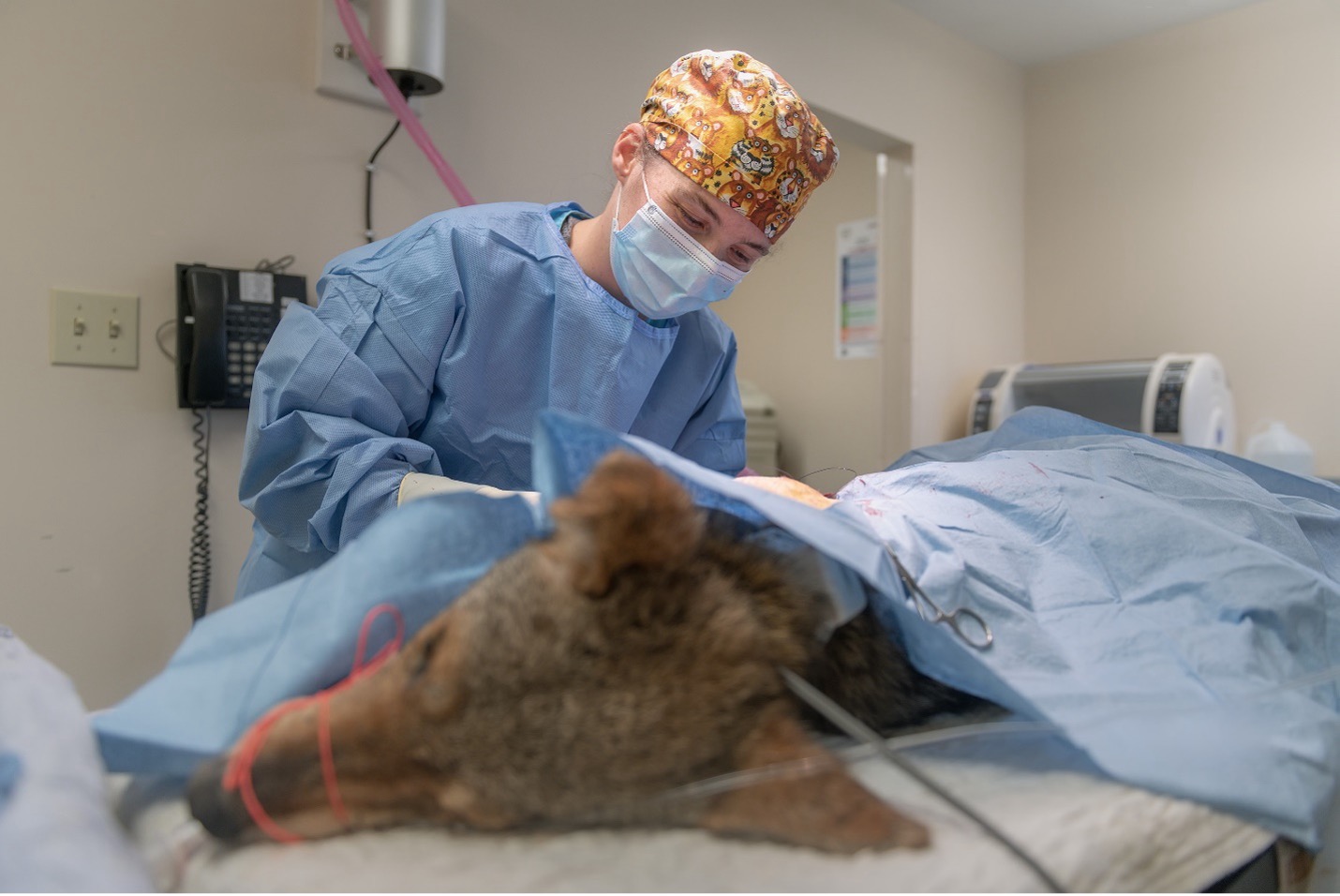New Peer-Reviewed Research
HYDROLOGY
Modeling groundwater contributing areas to Florida springs: spatiotemporal variability and pumping effects on springshed boundaries
Delineation Freshwater Springs Groundwater
Hydrogeology Hydrology
EDUCATION
Medical school and pregnancy: can you really have it all?
by Edie Sperling, Lillie Blair, Kiran Varani, Taylor Deyoe, Paige Lay, & Emily Swanson
Education Gender Equity Medical School
Professional Development Work-Life Balance
MEDICINE
A scoping review of internet access, digital literacy, and health outcomes in adults with Type 2 diabetes
Diabetes Mellitus Digital Health Digital Literacy
Health Equity Public Health
ECOLOGY
Invasive wild pig movement and space use in a mixed-use forest landscape, South Carolina
by Erin K. Buchholtz, Andrew Jamison, & Greg Yarrow
Conservation
Invasive Species
Movement Ecology
Spatial Ecology
Wildlife Management
An initial assessment of risk to pollinators from mosquito control in residential settings
by Aaron Anderson, Aimee Code, Rosemary Malfi, Camille Holladay, & Matthew L. Forister
Conservation
Ecotoxicology
Habitat Management
Invertebrate Ecology
Urban Ecology
Parts of a whole: isotopic difference between single keratin-based tissues and whole-body tissues of birds and mammals
by Kate R. Davis & Hannah B. Vander Zanden
Diet
Foraging Ecology
Physiology
Stable Isotopes
Trophic Ecology
A path towards the conservation and recovery of Guloninae species worldwide
Climate Change
Conservation Biology
Conservation Planning
Guloninae
Wildlife Policy
Dances like wolves? Evaluating ecological replacement of apex predators in eastern North America
Carnivore Conservation
Carnivore Ecology
Foraging Ecology
Species Distributions
Trophic Ecology
Reconstructing the history and demise of the red wolf in Alabama: Insights from examining historical records and cultural perspectives
by Jazmin J. Murphy, Amy C. Shutt, Aby Sène-Harper, & Joseph W. Hinton
Carnivore Conservation
Human Dimensions of Wildlife
Human-Wildlife Interactions
Traditional Ecological Knowledge
Using temperature loggers to monitor den box use by American martens, fishers, and tree squirrels
by Michael J. Joyce, Taylor B. Velander, Michael C. McMahon, & Ron A. Moen
Guloninae Non-Invasive Monitoring Remote Cameras
Wildlife Management
What is the future for The Martes Complex (Guloninae) in the face of climate change and ecological breakdown?
by Johnny Birks, Stephanie Johnstone, Ed Snell, & Jenny MacPherson
Climate Change
Conservation Biology
Conservation Planning
Guloninae
Wildlife Policy
Genetic aspects of interspecies hybridization between sable and pine marten based on microsatellite loci data
by Maryana N. Ranyuk, Makar V. Modorov, & Vladimir G. Monakhov
Genetics Guloninae Hybrids
Morphology STRUCTURE
Differentiation and adaptation among fishers in Western Canada: Evidence for validity of Pekania pennanti columbiana subspecies
Biogeography Conservation Biology Guloninae
Morphology Population Ecology Subspecies
Local and long-distance colonization influence the distribution of a species in a fragmented landscape
by Anna Kase, Mason Fidino, Elizabeth W. Lehrer, & Seth B. Magle
Bayesian Hierarchical Models Human-Wildlife Interactions
Occupancy Modeling Remote Cameras Spatial Ecology
Use of multi-modelling methods to inform conservation and reintroductions of pine marten Martes martes in Britain
by Jenny MacPherson, Patrick Wright, Nathan Schumaker, & Sydney Watkins
Carnivore Conservation Conservation Biology
Guloninae Reintroductions Translocations Wildlife Management
Spatial and temporal activity of wildlife on and surrounding cannabis farms
by Phoebe Parker-Shames, Benjamin R. Goldstein, & Justin S. Brashares
Bayesian Hierarchical Models Human-Wildlife Interactions
Occupancy Modeling Remote Cameras Spatial Ecology
“Although elephants bring problems, they also bring benefits:” The complexities of human-wildlife coexistence
by Leandra Merz, Jessica Kahler, Gilbert Mwale, & Brian Child
Human-Dimensions of Wildlife
Human-Wildlife Interactions
Space use and fate of a three-legged coyote – a case study
by Joseph W. Hinton, Kelsey San Martin, Kristin E. Brzeski, Jazmin J. Murphy, & Amy C. Shutt
Human-Wildlife Interactions
Spatial EcologyVeterinary Medicine
Accepted Articles
ARTIFICIAL INTELLIGENCE
Validation of Chain-of-Thought prompt structuring to improve a language model’s capability to extract new clinical concepts from clinical text messages
computer science, gerontology, natural language processing
ECOLOGY
How to avoid the camera trap: the effect of camera settings on occupancy analysis and photo data workload
burst, camera trap, detection probability, occupancy, photo interval, quiet period, trigger delay
Nest persistence and habitat use by red tree voles in Douglas-fir forests: implications for canopy-dependent species
Arborimus longicaudus, tree vole, Douglas-fir, forest management, nest, Oregon, Pseudotsuga menziesii, survival
Articles Under Review
IMMUNOLOGY
Sex-biases observed in ILC1 phenotypes do not result in altered immune control of cytomegalovirus
ILC1, sex-bias, MCMV, inflammation, cNK
MEDICINE
A Multi-Million Measurement Dataset from Withings Wearables: Reference values of Real World Health Data (2023-2024)
Withings, scales, blood pressure monitor, sleep analyzer, big data, reference values
An Update on Acute Intervention for Acute Pediatric Ischemic
Stroke: A Scoping Review
Pediatric ischemic stroke, Endovascular thrombectomy, Acute stroke intervention, Large vessel occlusion
ARTIFICIAL INTELLIGENCE
No Coding, No Problem: Revolutionizing Scientific Workflows through Conversational AI
Large Language Models, Interdisciplinary Science, Artificial Intelligence, Reproducibility, Natural Language
EDUCATION
Promoting Student Engagement Through Rethinking Teacher Agency in Post-Pandemic Classrooms
teacher agency, student engagement, post-pandemic education, teacher autonomy, school leadership, ecological approach, systematic review
Key Trends in Kavango West, Namibia’s English Second Language Classroom, 2023 – 2024
Learner-centered strategies, English as a Foreign Language classrooms, rural classrooms, Namibia Vision 2030, teacher pedagogy
Shining light on Black STEM students’ experiences in a PWI using critical race theory, intersectionality, and postmodern theory
Black, race, racism, STEM, systemic
Namibia Vision 2030: The march towards learner centered education, culturally responsive pedagogy, and a knowledge-based society
learner-centered education, culturally responsive pedagogy, Namibia Vision 2030, Namibian rural education, African educational challenges
ECOLOGY
Removal of eggs and young from wild bird nests – Assessing current awareness of illicit practices in ecological monitoring, conservation and management practitioners via questionnaire and literature review
egg collection, egg harvest, egg theft, nestling theft, subsistence gathering, traditional medicine, wildlife trade, wildlife traffic
Validating radiocarbon aging in sea turtle hatchling eye lenses
age, bomb curve, green turtle, loggerhead
Relevancy Reimagined: Exploring Ways to Broaden Support for Fish and Wildlife Conservation
relevancy, fish and wildlife management, human dimensions, public engagement, co-production, agency culture
Seasonal nutritional characteristics of barren ground caribou in Southwest Alaska
Alaska caribou health, diet, isotopes, trace minerals, body condition
Fisher site fidelity declines in the face of changing landscape conditions in the Sierra Nevada Mountains, California, USA.
Pekania pennanti, tree mortality, climate change, disturbance, drought
Tiny tracks: Assessing small mammal species diversity using a non-invasive footprint identification technology (FIT), through the lens of dormice in Lebanon
Footprint Identification Technology (FIT), Lebanon, morphometrics, non-invasive monitoring, small mammals, species identification
Temporal niche partitioning of stone martens and genets in Mediterranean ecosystems
forest and shrub cover, free-roaming dogs, Martes foina, Portugal, temporal overlap
Reintroduction of pine martens (Martes martes) to the Forest of Dean and lower Wye Valley, UK
Mustelids, pine marten, Mustelidae, reintroduction, translocation, mammals















